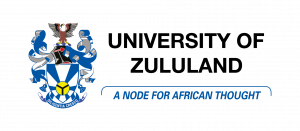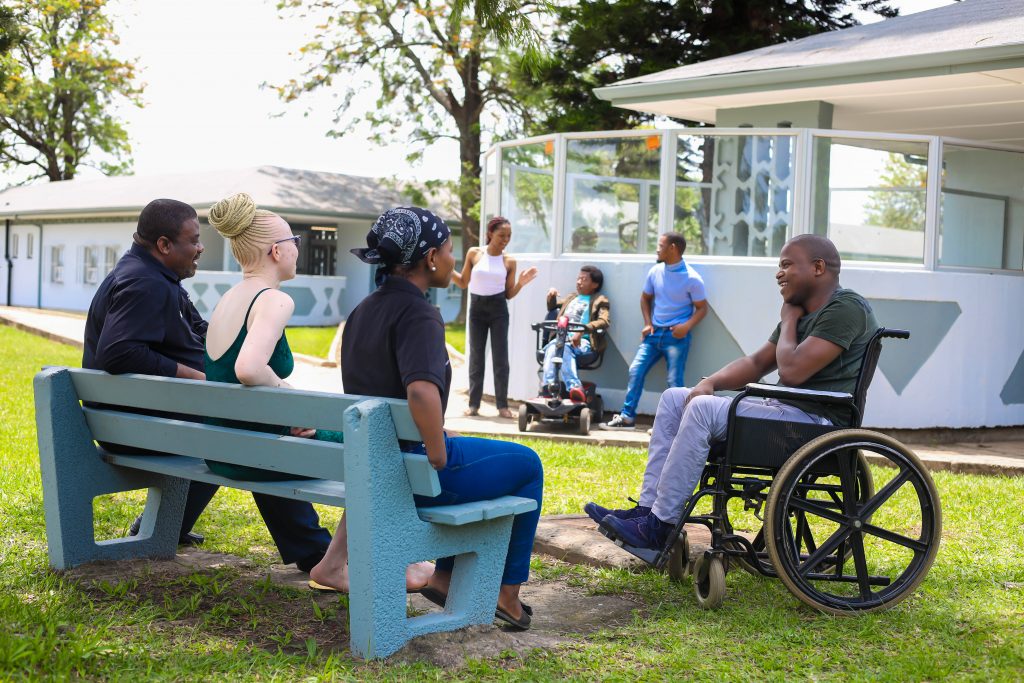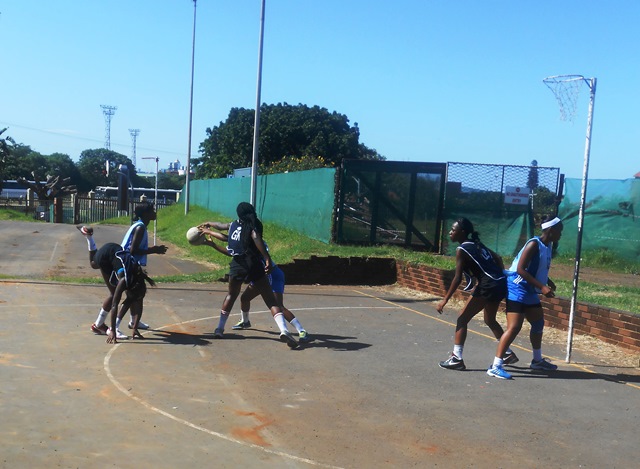The inaugural Workshop on Supporting Students with Sensory Needs, held on Wednesday and Thursday (19 – 20 June 2024), shed light on the common challenges faced by students living with sensory impairments in higher education institutions and showcased the various solutions that can be leveraged in supporting these students.
The two-day workshop was organised by the Disability Unit under the Student Services Department at the University of Zululand (UNIZULU), as endorsed by the Human Resources Department and the offices of the deputy vice-chancellors for teaching and learning as well as institutional support. The objective, according to Disability Coordinator Phiwayinkosi Mjadu, was to capacitate UNIZULU academics to better accommodate students living with visual and hearing impairments during lectures, class assessments and examinations.
The disability coordinator explained that interventions for students with sensory impairments require a targeted approach. Their challenges vary from illegible font sizes of notes, test or exam papers to hearing problems that necessitate specialised teaching arrangements and requests for extra time during test and exam periods.
“Our lecturers are always prepared and always positive in terms of going the extra mile in accommodating students. When you tell them that there is a student with a disability in your class, they will ask you how best they can accommodate them,” Mjadu acknowledged. While he commended the lecturers’ commitment to supporting students with disabilities, Mjadu was resolute on organising the workshop, to further impart relevant knowledge to the academics.
The programme of the workshop was drafted in consultation with the Higher and Further Education Disability Services Association (HEDSA) which also identified suitable facilitators for the two days. The first day was dedicated to the topic of visual impairment. Dr Ashley Subbiah from the Disability Support Unit at the University of KwaZulu-Natal facilitated this session, focusing on, among other areas, common challenges faced by students with visual impairments in higher education, creating inclusive classroom atmospheres, and effective communication techniques.
Dr Subbiah also delved into the application of Universal Design for Learning principles (representation, engagement and expression). He encouraged academics to provide content in alternative formats accessible to students with visual impairments such as audio, tactile graphics, and braille materials. He also highlighted the essence of offering choices in how students interact with materials and participate in activities, allowing them to select methods that best suit their preferences and abilities. Finally, he spoke about providing alternative methods for students to demonstrate their understanding and express themselves, such as through verbal responses, audio recordings, tactile models or multimedia presentations.
“The goal is for every student to be able to engage with the material effectively,” he stressed.
Gugu Sacolo, Disability Officer in the Department of Student Governance & Development at the Durban University of Technology, facilitated the discussions around hearing impairments on the second day. Together with her colleagues, she spoke about the legal obligations and accommodations concerning students with hearing impairments, effective communication techniques for interacting with deaf students and colleagues, as well as implementing assistive technologies and resources, among other areas.
Apart from being educative, the two days also offered academics a platform to share and learn from each other’s experiences of supporting students with disabilities in their lectures.
After the workshop, HEDSA issued certificates of attendance to the trained academics.
– Naledi Hlefane



